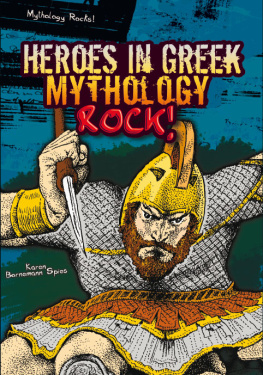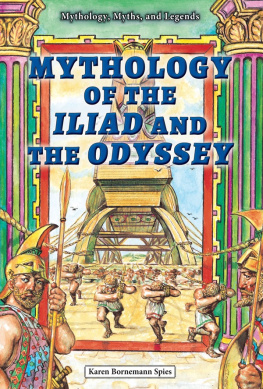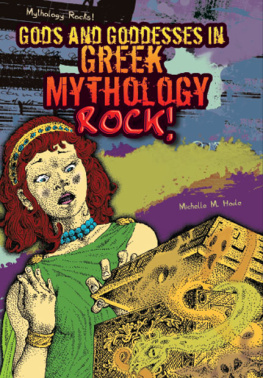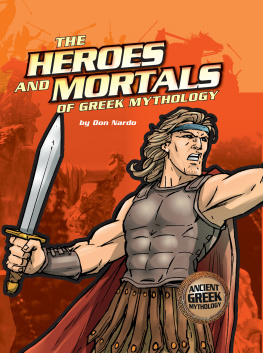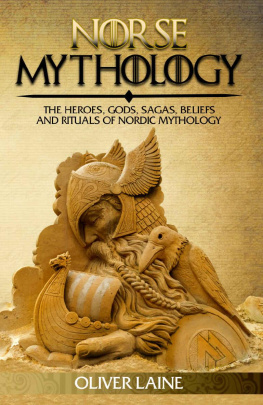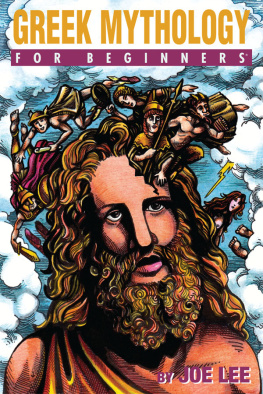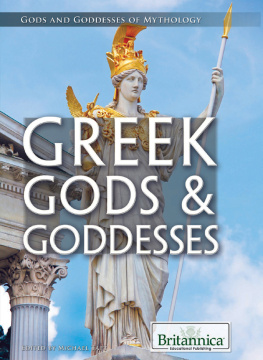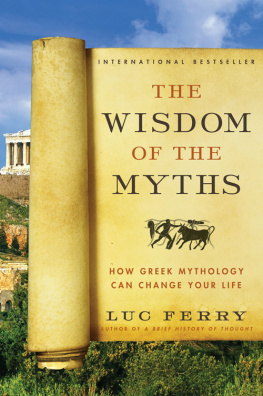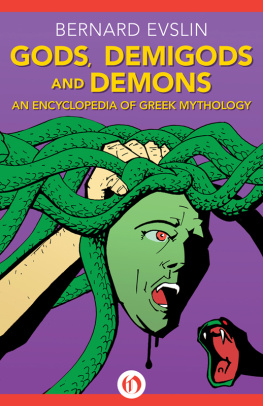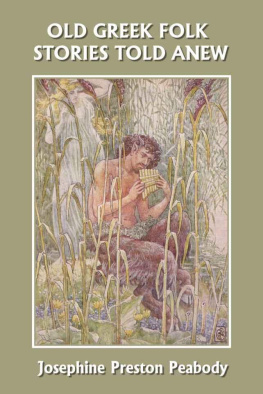From mere mortals facing the gods, to brave men and women taking onthe most difficult of challenges, Greek mythology is full of exciting and dangerous adventure. These myths reflect the actions, problems, and feelings that are common to all human beings.
In Heroes in Greek Mythology Rock!, author Karen Bonemann Spies concentrates on the most well-known of the heroes, including Heracles,Atalanta, and Jason and the Argonauts. She explores the relationship between ancient Greek hero myths and modern-day fairy tales. Expert commentary and question-and-answer sections supplement each story.
About the Author
Author Karen Bornemann Spies has written articles for many periodicals and is the author of numerous books on history and social studies. Ms. Spies lives in the western United States with her husband and two children.
Illustrator William Sauts Bock is the illustrator of many books. His illustrations have been honored by the American Institute of Graphic Arts. Many of his portraits are in private collections all over the world.

Our word myth comes from the ancient Greek word mythos, meaning speech, tale, or story. A myth is a traditional story that has been passed down from generation to generation. Early myths were passed down orally. Later, after a culture developed a system of writing, the myths were preserved on papyrus, an early form of paper, or inscribed on stones, walls, and other structures. Over the years, many myths have been collected and written down.
Although Greek mythology has existed for three thousand years, these ancient stories continue to fascinate people of all ages, mainly because they describe actions, problems, and feelings that are common to all human beings. Each of us has probably experienced anger, jealousy, joy, fear, and frustration, all of which are emotions common to the characters in Greek myths. We can imagine ourselves in many of the situations which the mortals in mythology faced or taking part in the exciting adventures and dangerous situations that challenged the Greek heroes.
Myths served several purposes for the ancient Greeks. First, they provided explanations for natural occurrences, such as thunder or the rising and setting of the sun. Secondly, they told stories about the origins of Greek customs and traditions. And, of course, myths provided entertainmenta relief from their busy and sometimes tedious lives.
Geography
The geography of Greece has always played an important role in the development of its people and its myths. The country of Greece is located on the European continent east of Italy on the Mediterranean Sea. It is surrounded by many islands, both large and small, including the island of Crete, the largest island in the Aegean. In the northern part of the mainland is the broad plain of Thessaly, where the city of Iolcus was located. South of this region is the plain of Boeotia, the location of the important city of Thebes. Greece also includes the Peloponnesus, a southern peninsula connected to the mainland by an isthmus near the ancient city of Corinth. The important cities of Sparta, Olympia, Tiryns, Mycenae, and Argos were located on the Peloponnesus. The city of Athens is located on the southern tip of the mainland in a region known as Attica.
Greece is blessed with sunny skies and generally mild winters. Hills and mountains dominate the landscape, and between the mountain ranges lie the plains, which are the only location suitable for farming. Still, the mountainous soil is dry and rocky, so farming is difficult. Grains, such as wheat and barley, and fruits and vegetables, such as grapes and olives, have been common crops throughout Greeces history. However, because of the difficulty of farming, the Greeks have consistently depended on the sea.
Thousands of years ago, the Greeks were already known as great seafarers who sailed all over the Mediterranean. Because of their widespread voyages, they came into contact with people from many different cultures. They traded goods with people in Asia Minor, Africa, Europe, and the Middle East. Each time the sailors met with people from different backgrounds, they eagerly listened to the stories these people told and added them to their already rich collection of myths. The widespread travel of the early Greeks helps to explain the different versions of each myth and why the myths of many different cultures often seem very similar.
History
Archaeological evidence shows that the earliest peoples settled on the Greek mainland prior to 70,000 B.C. ; however, few specific details are known about the region until approximately 3000 B.C. Archaeologists have discovered bronze tools from this period that were used for farming and herding animals. The people lived in small villages that were often surrounded by thick walls.
In about 2000 B.C. , tribes from the east came across Asia and settled in mainland Greece. They, too, built fortified towns and lived as farmers. At the same time, a powerful civilization developed on Crete. These people were known as the Minoans, after their king, Minos. The Minoans developed a powerful seagoing empire. They traded with cities on the other islands in the Aegean Sea, as well as with Sicily, Egypt, and cities on the eastern coast of the Mediterranean. The Minoan culture, known for its fabulous wealth, had a great influence on the art, religion, and culture of the Greek mainland.
The Mycenaean Age (1600 B.C. 1200 B.C. )
In about 1600 B.C. , civilization on mainland Greece grew in power. The Greeks of this period are known as the Mycenaeans, after the city of Mycenae. They spoke a language that is similar to modern Greek. The Mycenaeans used a form of writing known as Linear B. It was used for keeping accounts, not for writing literature. Thus, myths during this period were still passed on by word of mouth. The Mycenaeans lived in independent kingdoms ruled by rich and powerful kings. They were fierce warriors who used bronze weapons and drove into battle in horse-drawn chariots. They built strong walls around their cities, for they were often at war with each other. Most of the major Greek myths are connected with Mycenaean cities and heroes.
At about the same time that Mycenaean civilization blossomed, Minoan culture declined. Then, in about 1450 to 1400 B.C. , the palaces on Crete were destroyed. Historians are not sure what caused the ruins. Archaeological evidence shows there were signs of fire and massive destruction. An earthquake may have struck the island. The Mycenaeans may have invaded and destroyed the island civilization. In any case, Minoan art and religious beliefs had a profound effect on the Greeks. These beliefs developed into stories about nature, animals, and gods with human forms. During Mycenaean times, some of these stories were blended into Greek myths such as the birth of Zeus, king of the gods, on Crete.
As their civilization spread, the Greeks lived in towns that were independent of each other. The people who lived in what is known today as Greece were united by two factors: They spoke roughly the same language, and they thought of themselves as Hellenes, or fellow descendants of Hellen, the legendary founder of the Greek people. (Today the modern Greek word for the country of Greece is Hellas.) There was no single ruler and communities often warred against each other. It is vital to keep in mind that the people we call Greeks today were, at one time, not unified at all.
The Dark Age (1200 B.C. 800 B.C. )
In the eleventh century B.C. , an unknown enemy destroyed the ancient city of Troy, located in the western part of Asia Minor. It was against this city that the Greeks supposedly fought as a single group in order to rescue Helen, the wife of Menelaus, the king of Sparta. The power of the Mycenaeans ended not long after the destruction of Troy in about 1250 B.C. The Mycenaean civilization probably began its decline because of continuing battles between the ancient Greek cities. However, historians believe that the final, widespread destruction came at the hands of the Dorians, a group of Greek-speaking invaders from the north and east.

